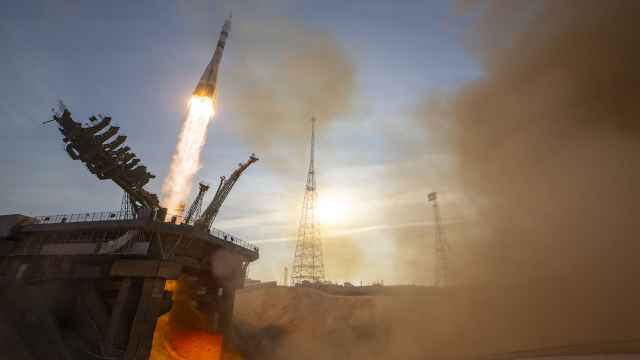Russia introduced new tax breaks this week, encouraging oil firms to explore hard-to-reach undersea fields, in the hope of unlocking new reserves as the country approaches full production capacity from its dwindling oil deposits in western Siberia.
The country is now pumping close to its maximum capacity, about 10.5 million barrels a day. The government, hoping to maintain that pace for at least the next decade, is keen to encourage exploration of vast, untapped undersea fields, which are estimated to hold more than 100 billion tones of hydrocarbons — the equivalent of about 25 years' worth of current global oil consumption.
The new tax regime will apply to both oil and gas deposits and is expected to come in force from next year.
A Message from The Moscow Times:
Dear readers,
We are facing unprecedented challenges. Russia's Prosecutor General's Office has designated The Moscow Times as an "undesirable" organization, criminalizing our work and putting our staff at risk of prosecution. This follows our earlier unjust labeling as a "foreign agent."
These actions are direct attempts to silence independent journalism in Russia. The authorities claim our work "discredits the decisions of the Russian leadership." We see things differently: we strive to provide accurate, unbiased reporting on Russia.
We, the journalists of The Moscow Times, refuse to be silenced. But to continue our work, we need your help.
Your support, no matter how small, makes a world of difference. If you can, please support us monthly starting from just $2. It's quick to set up, and every contribution makes a significant impact.
By supporting The Moscow Times, you're defending open, independent journalism in the face of repression. Thank you for standing with us.
Remind me later.





